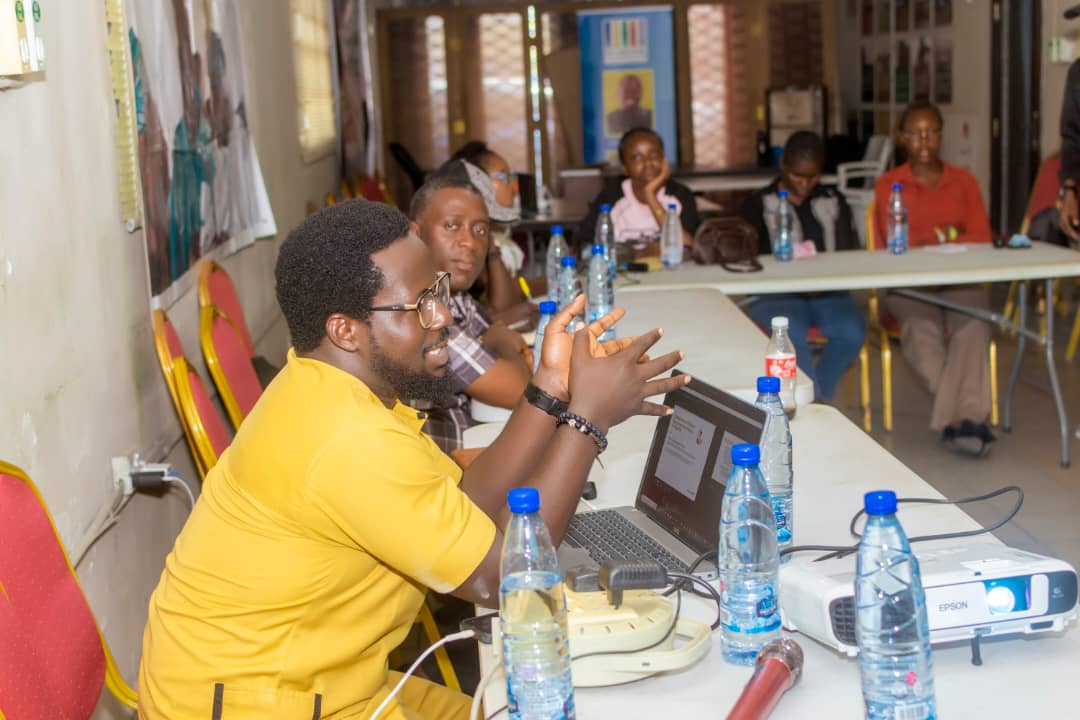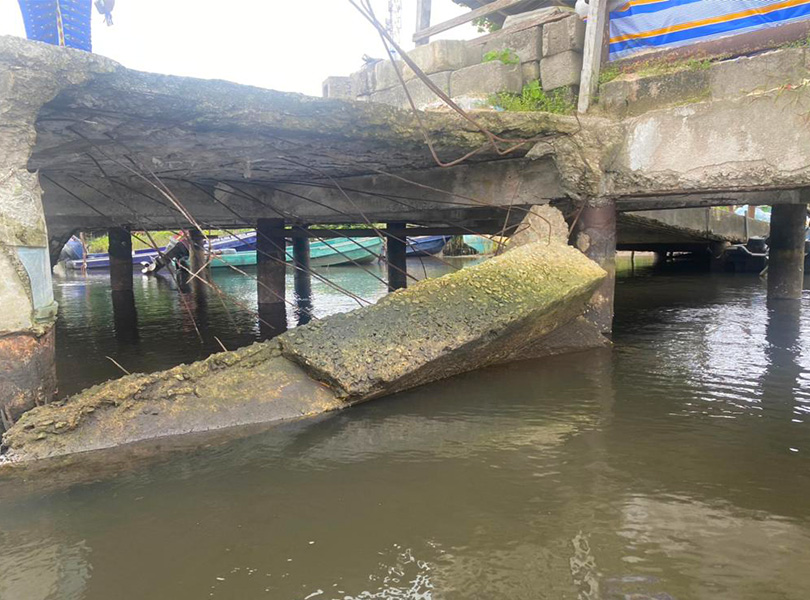Introduction
In a country where transparency in governance has often been a mirage, BudgIT is leading a transformative movement that is reshaping the advocacy and media space. By introducing budget allocation and project tracking mechanisms, BudgIT has not only broadened the scope of public accountability but has also refined the specificity of engagement—ensuring that ministries, parastatals, contractors, and companies are held accountable for their financial decisions and project implementations.

This initiative is not just about tracking budgets; it is about empowering communities with information and equipping them with the necessary tools to demand better governance. The partnership of BudgIT, Tracka, and Oxfam with grassroots organizations such as Lincgreen Climate Change Initiative and the Ken Saro-Wiwa Foundation has brought this advocacy to the heart of communities, particularly those in oil-producing regions that have long suffered from neglect, environmental degradation, and unfulfilled promises.
Host Community Trust and the Petroleum Industry Act (PIA)
A significant part of this advocacy has been focused on Host Community Development Trusts (HCDTs) as outlined in the Petroleum Industry Act (PIA) of 2021. The PIA mandates that oil-producing companies contribute 3% of their annual operating expenditure to a development trust specifically for the host communities. This fund is meant to support local development initiatives, infrastructure, and social programs that benefit those directly impacted by oil exploration activities.
However, the challenge has been ensuring that these funds are effectively managed and transparently utilized. Many host communities remain unaware of the trust funds, how to access them, or their rights in the governance structure. This is where BudgIT, Tracka, and advocacy organizations like Lincgreen have stepped in—bridging the information gap, ensuring that communities understand how to take ownership of their development, and tracking whether these funds are being used as intended.
The Importance of Budget and Project Tracking
Through its innovative approach, BudgIT has developed digital tracking tools that allow citizens, journalists, and civil society organizations (CSOs) to monitor public budgets and track government-funded projects. The importance of project tracking cannot be overstated—Nigeria has witnessed countless cases where budgeted projects remain unexecuted, despite full disbursement of funds.

For example, in Bayelsa, Rivers, Delta, Akwa Ibom, and Abia States, numerous infrastructural projects were marked as “completed” on paper, yet field visits revealed abandoned sites or substandard work. According to a BudgIT report, over 60% of government projects in the Niger Delta fail to reach full implementation, despite receiving allocated funds. This stark reality highlights the urgency of community-led budget tracking as a tool for demanding accountability.
Engaging NGOs, CSOs, Media, and Young Advocates
Lincgreen Climate Change Initiative has been at the forefront of this movement, ensuring that NGOs, CSOs, media professionals, and young advocates understand the entire scope of the PIA and Host Community Development Trusts. Workshops and community engagement sessions have been organized across multiple local government areas, training stakeholders on:
• Understanding budgetary allocations for host communities.
• Tracking projects and verifying if allocated funds match real infrastructure on the ground.
• Demanding accountability using legal frameworks like the Freedom of Information Act (FOIA).
The Freedom of Information Act (FOIA) is a crucial legal tool that enables citizens and civil society groups to request public records and financial data related to government spending. By invoking this Act, activists and media professionals can demand transparency, exposing any discrepancies between allocated funds and executed projects.

Ending the Culture of Secrecy
One of the biggest challenges in Nigeria’s public financial management system is the culture of secrecy surrounding government spending. Many ministries and agencies operate without releasing detailed expenditure reports, making it difficult for citizens to track how public funds are used. This opacity fuels corruption, project abandonment, and financial mismanagement—issues that have long plagued the Niger Delta and other resource-rich regions.
Through advocacy efforts, BudgIT, Lincgreen, and other partners are pushing for a cultural shift—from secrecy to accountability, from silence to civic engagement, and from negligence to responsible governance.
Mobilizing for Change: Lincgreen and Ken Saro-Wiwa Foundation’s Collaboration
Recognizing the need for stronger grassroots mobilization, Lincgreen and the Ken Saro-Wiwa Foundation partnered with BudgIT to mobilize NGOs, media professionals, and community leaders for a high-level conversation on Host Community Development Trusts. This collaboration has been instrumental in:
• Raising awareness about the PIA and how communities can benefit from it.
• Empowering local advocates to track projects and report discrepancies.
• Pushing for policy reforms that ensure greater transparency in fund disbursement and project execution.

Finally
The movement for transparency and accountability in public finance is gaining momentum, and with continued advocacy, Nigeria can break free from the cycle of corruption that has hindered true development. BudgIT’s project tracking initiative, combined with grassroots mobilization efforts from Lincgreen and other partners, is creating a ripple effect—one that empowers communities, demands accountability, and ensures that development funds truly serve the people they are meant for.
The time for secrecy is over. Accountability starts with awareness, and awareness leads to action.




